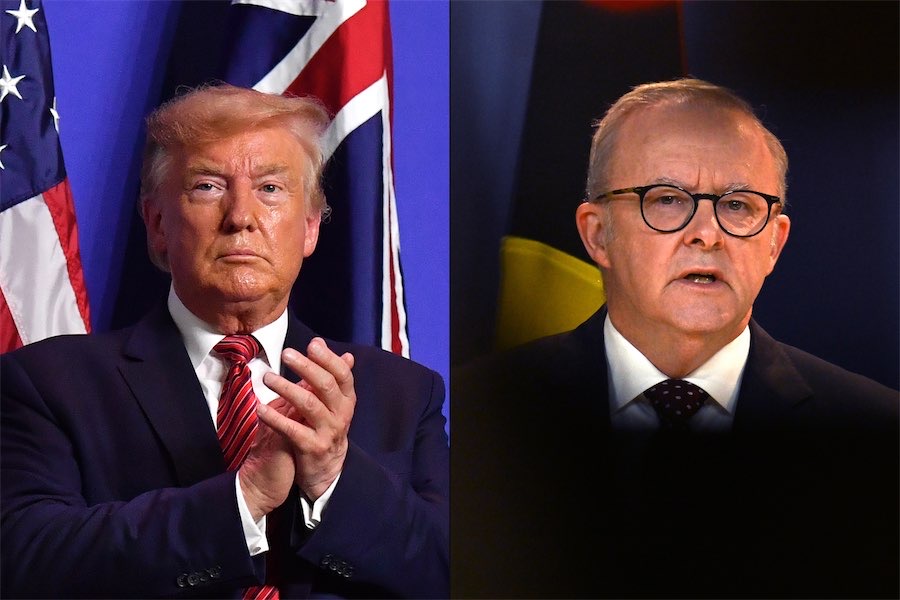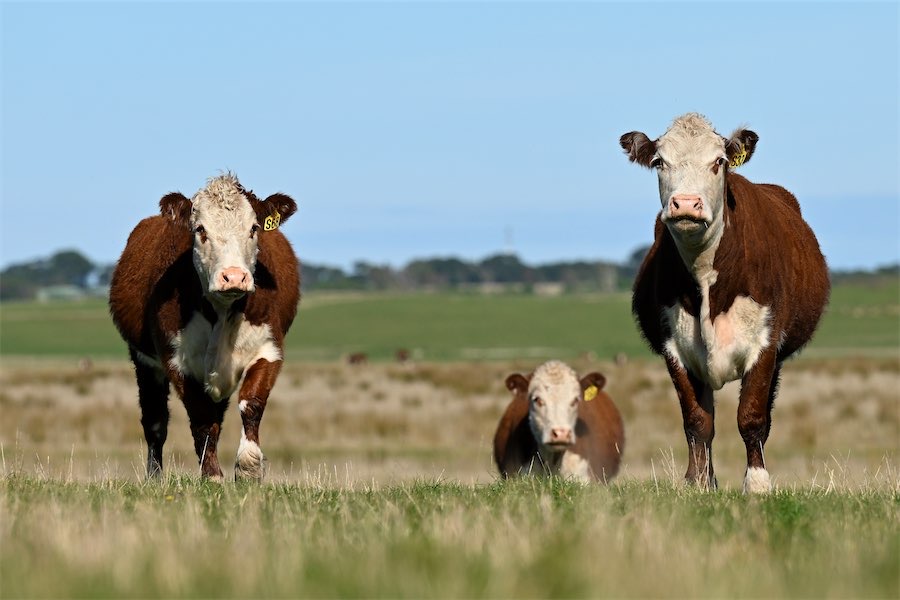
By Kat Wong and Jacob Shteyman in Canberra
The prime minister has vowed to defend Australia’s cheaper medicines program, revealing a plan to slash prices further in the face of threats from US pharmaceutical giants.
While the Pharmaceutical Benefits Scheme (PBS) has unanimous support in Australia, big US pharmaceutical companies resent not being able to extract maximum profits from Australians for their essential medicines.
One of America’s peak lobby groups has called for President Donald Trump to add Australian medicine manufacturers to his tariff hit list, but Prime Minister Anthony Albanese has backed the scheme as a “core part of who we are as Australians”.
“It’s not surprising that there is a push and some opposition to the PBS, but let me be very clear and explicit – the Pharmaceutical Benefits Scheme is not for sale,” he said during a speech in the Gold Coast on Thursday.
“It is a monument to the fairness at the heart of Australian life and we don’t negotiate our values.”
In a 243-page submission to the US government, the Pharmaceutical Research and Manufacturers of America (PhRMA) claimed “egregious and discriminatory” pricing policies in places like Australia, Canada and Japan were undervaluing American innovation, threatening billions in lost sales and putting American competitiveness, jobs and exports at risk.
PBS listings in particular dictate access to the Australian market and “unnecessary” supplemental data requests alongside other administrative motions cause significant delays, while the scheme’s pricing policy could have a “chilling effect” that prevents Australians from gaining fast access to new medicines, the group said.
But the PBS improves the lives of Australians, Mr Albanese said, and cheaper medicines make it easier for citizens to look after their health.
For example, Australians who use menopause medication Estrogel currently pay $31.60 per prescription but those in America reliant on the same treatment can pay up to $US223.40 per unit.
Medicines could continue to get cheaper for Australians after the prime minister revealed on Thursday that the maximum price Australians would pay for PBS-listed prescription medicines will be reduced from $31.60 to $25, if Labor is re-elected.
The coalition quickly matched the proposal.
Under Labor’s plan, four out of five Pharmaceutical Benefits Scheme medicines would become cheaper, saving Australians $200 million every year and reducing the program’s patient cost cap to its lowest level in two decades.
The amount Australians have had to pay for PBS medicines had steadily increased for decades, but in 2022, the coalition promised to slash the cost from $42.50 to $32.50 and when Labor was elected shortly after, it enacted the change and further reduced prices from $42.50 to $30.
The cap was indexed in 2024, pushing it up to $31.60 but this re-election proposal would cut the maximum cost by $6.60.
The Pharmacy Guild of Australia warned if this action was not taken, Australians could pay up to $50 per script by 2025.
The $689 million plan will be included in the federal budget, to be handed down on Tuesday.
Alongside stronger Medicare and more free GP visits, cheaper medicines showed Labor had Australians’ backs, Mr Albanese said.
“Pharmaceutical Benefits Scheme is a source of pride for Australians. We’ll stand our ground,” he said.
Opposition Leader Peter Dutton said the coalition supported the plan and had gone to the last election with a similar policy.
“We support affordable medicines,” he told 2GB radio on Thursday.
“It’s good for prevention, it’s good for people to have well-managed medication programs, and you get better health outcomes in the system.”
Who can be trusted?
In a world of spin and confusion, there’s never been a more important time to support independent journalism in Canberra.
If you trust our work online and want to enforce the power of independent voices, I invite you to make a small contribution.
Every dollar of support is invested back into our journalism to help keep citynews.com.au strong and free.
Thank you,
Ian Meikle, editor









Leave a Reply